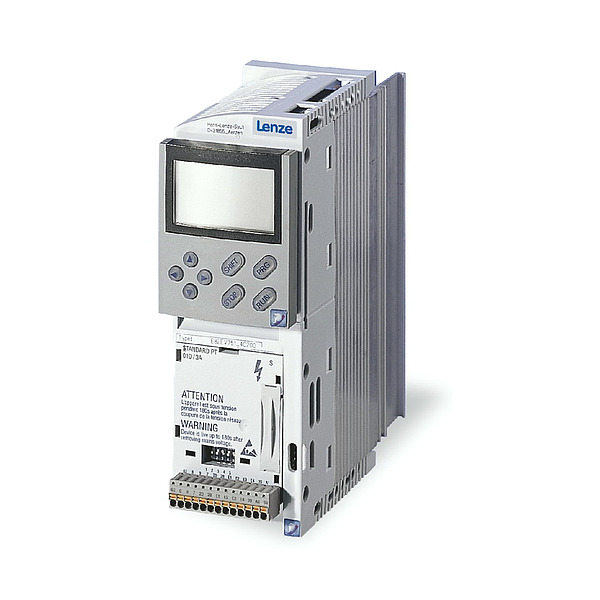Posted on 4th Jul 2023

According to CM Industry Supply Automation, Industrial process automation today operates and manages the production process across industries across the globe. It is difficult to imagine a business or production line without automation. Manufacturers are increasingly turning to innovative manufacturing techniques and the usage of automated technology as they deal with growing expectations for high quality, consistency, and competitive price.
Automation of industrial processes lowers production costs while improving product quality and output rate.
HOW AND WHY AUTOMATION IS NEEDED
Everyone agrees that automation is necessary. Numerous benefits of automation in the workplace are indisputable. The most notable are Lenze Drive, Keb Drive, Siemens Drive, Darwin Motion Drive and more:
Cost savings: Since automation replaces the majority of manual processes, human costs are decreased. By delivering information and insights to support timely and well-informed decisions, AI and data analytics contribute to the reduction of production costs. Lower operating expenses result from fewer mistakes and waste. Automated preventative maintenance also extends the life and performance of equipment, increasing asset value.
Improves output quality: The automated system aids in boosting and maintaining output quality. The error rate is below 0.00001 percent. Real-time data, monitoring, and inspection assist check each step of the production process and lower the margin of error.
Boosts productivity: Automated lines have workstations that are connected to one other via transfer lines and handle different aspects of the production process. Numerous human acts can be mimicked by robotics. Automation boosts productivity by permitting constant production throughout the entire year.
Greater adaptability: It can take hours or days of user training to implement a new task or adjust changes to a traditional production process. Reprogramming a machine or robot is easy, quick, and dependable using industrial automation.
Traceability: This is a crucial characteristic for many businesses, not just the food and pharmaceutical ones. Automation makes it easier to trace and monitor a product's complete lifecycle, from the raw materials to the shipping destination. For more efficient development and control, tracing makes root cause analysis and mapping possible.
Monitoring tools: In the automation network, sensors, cameras, and intelligent devices keep an eye on and track of the functionality of all the machines in the production facility. They aid in problem diagnosis and sound the alarms for prompt action.
Predictive maintenance: Industrial process automation tracks temperature, acoustics, time, frequency, oil pressure, and other data while continually monitoring production lines and production floors. The sensors quickly provide a warning when they see any change so that the technicians may act right away. As a result, possible issues can be avoided and repair/maintenance expenses can be reduced.
Industrial safety: Automation in the workplace helps to increase workplace security. The chances of accidents are decreased in the industry through industrial automation and robotics, particularly in hazardous areas. Workers don't need to approach assembly lines closely, and any hazards, such temperature spikes, are quickly discovered and highlighted so that safety measures may be taken for everyone on the shop floor.
Accurate Information: According to CM Industry Supply Automation, Automation makes it possible to gather and analyse trustworthy data. Precise outcomes are guaranteed when reliable information is employed in the production process. Scalable and self-learning, AI and ML technologies ensure correct outcomes each and every time. The database offers a searchable platform and continuing resource for more efficient decision-making.